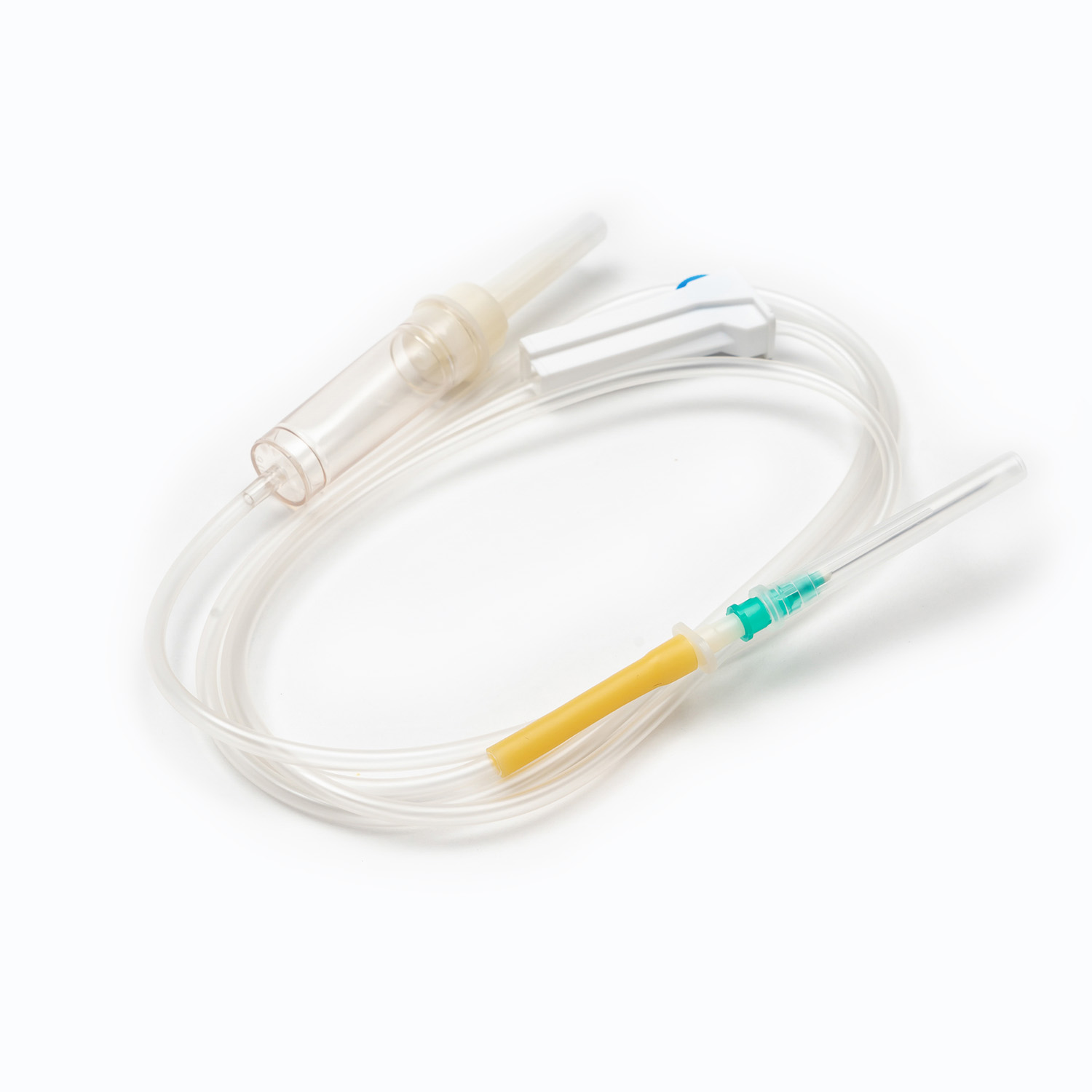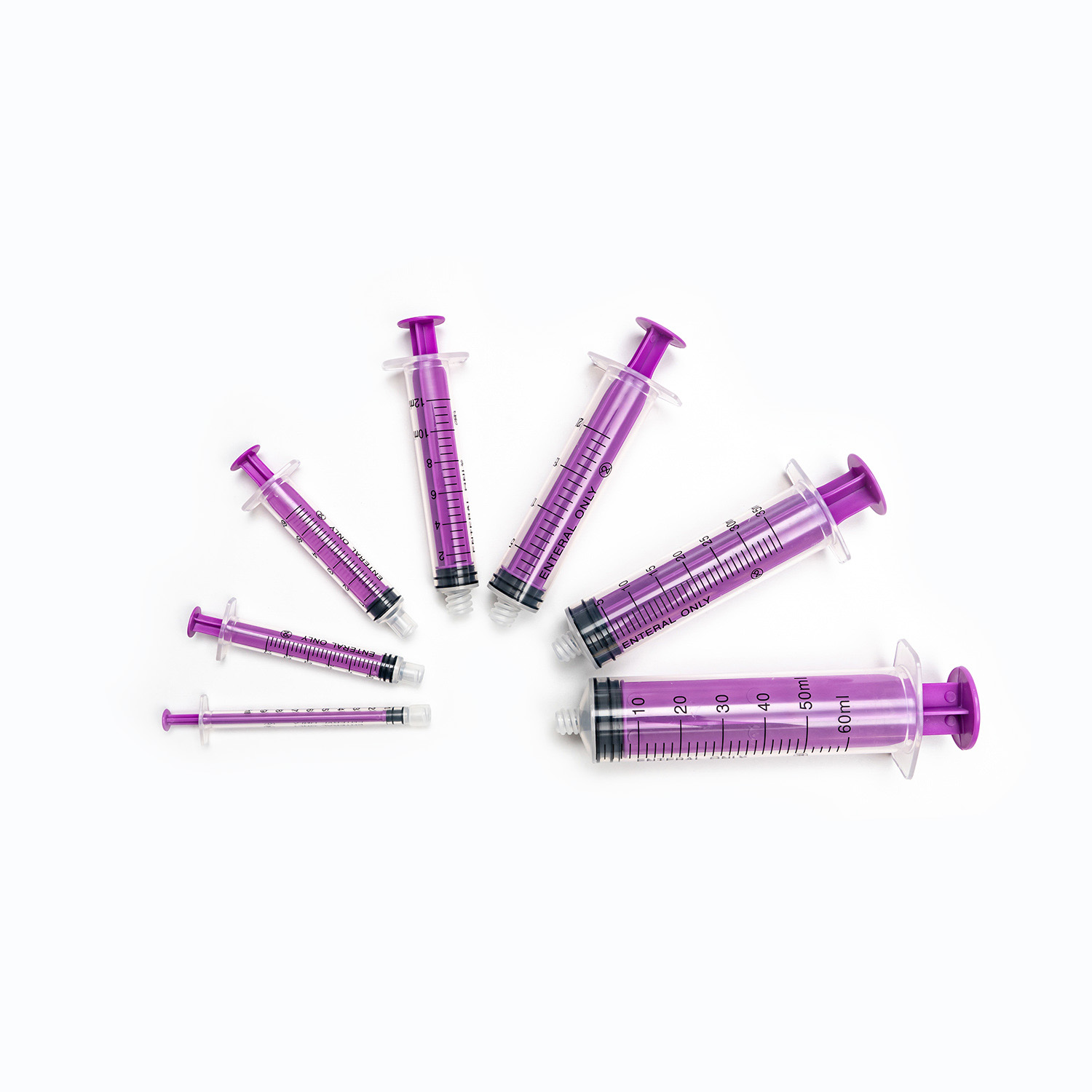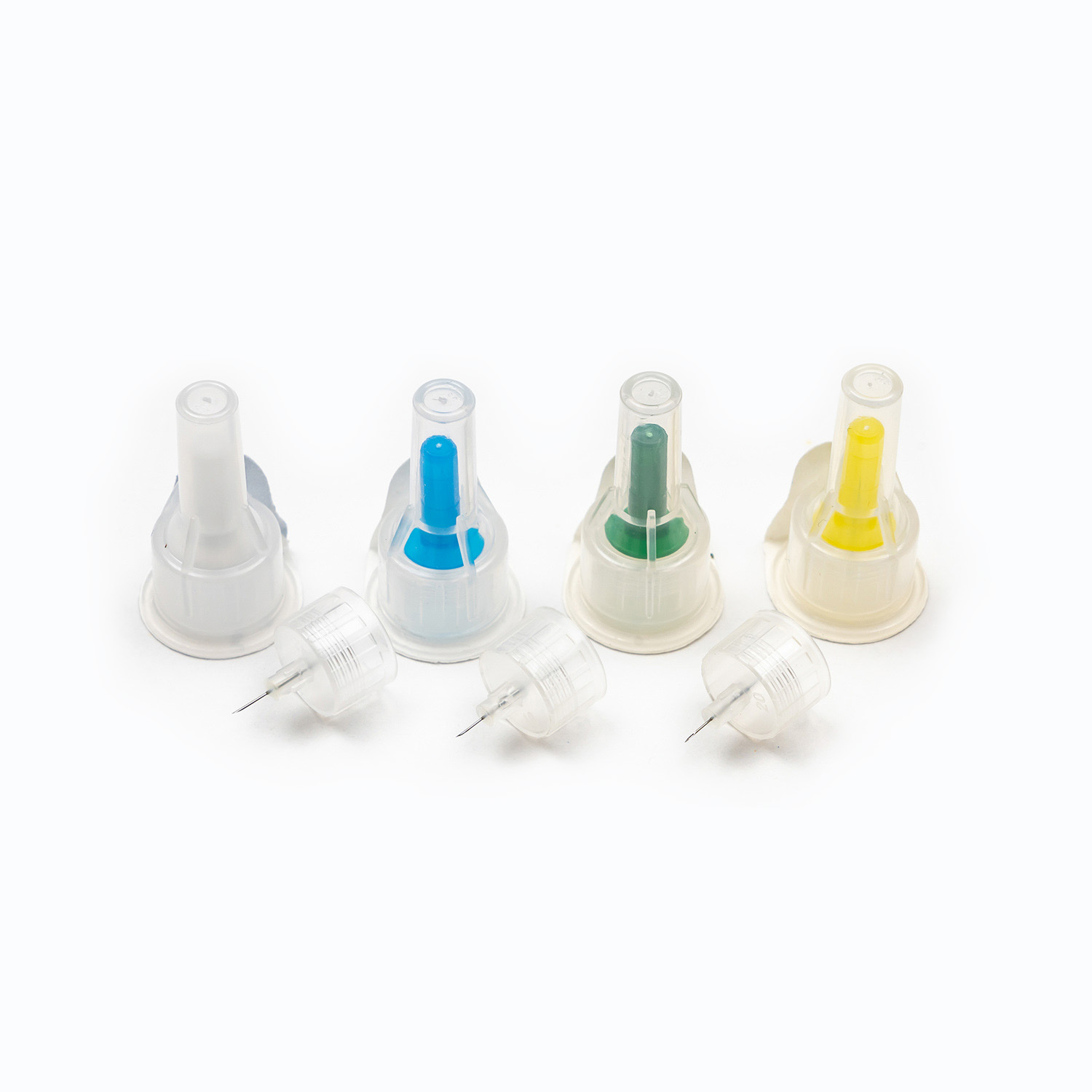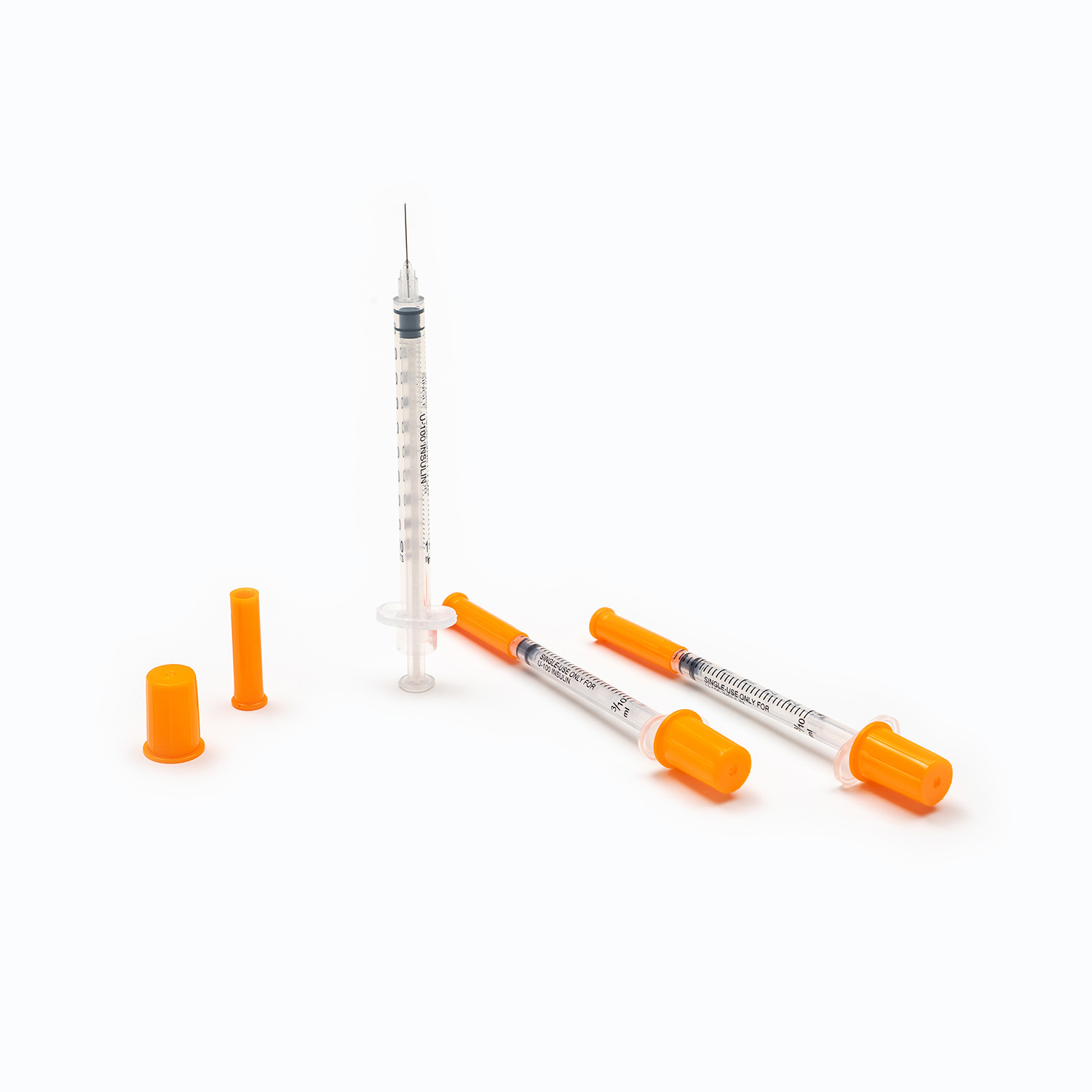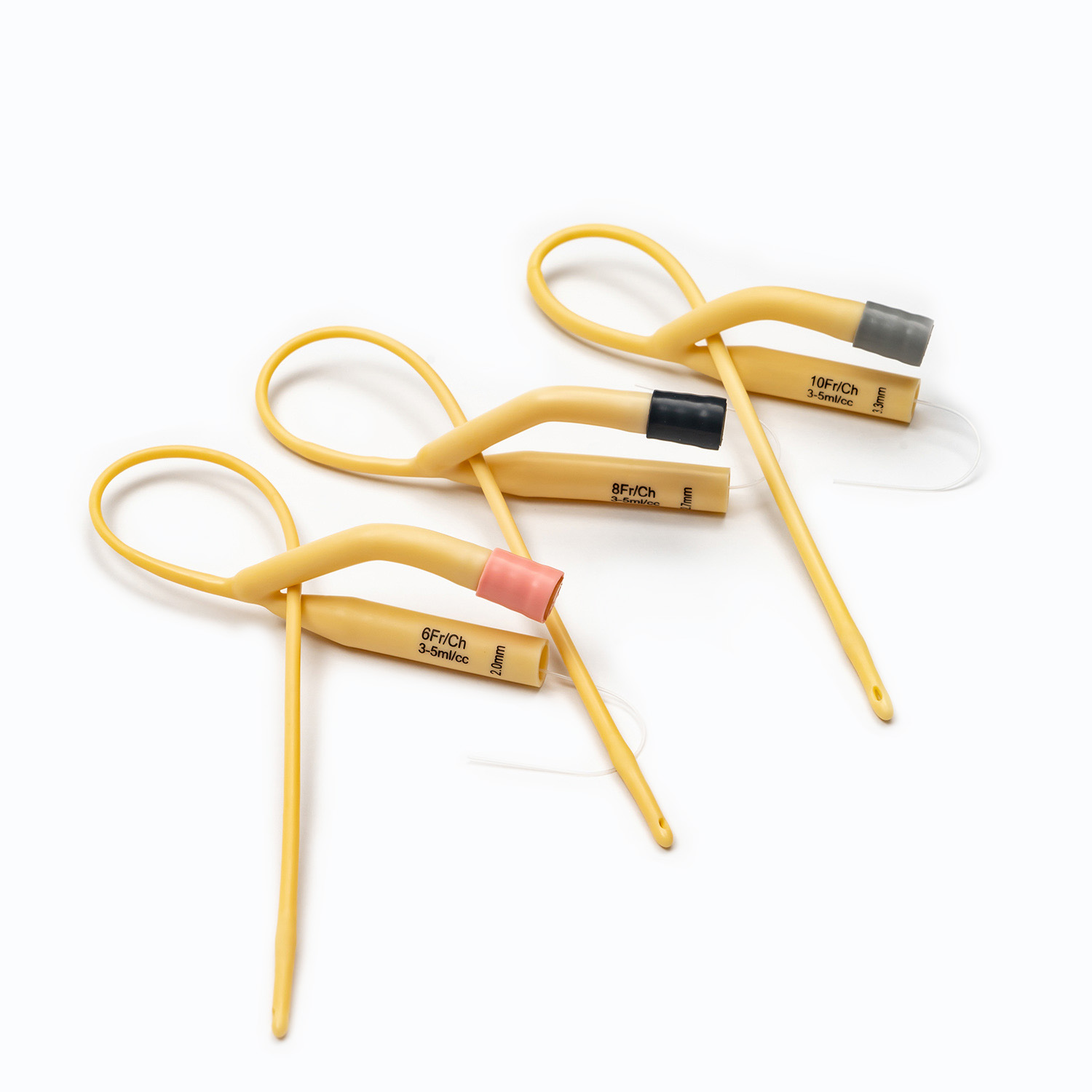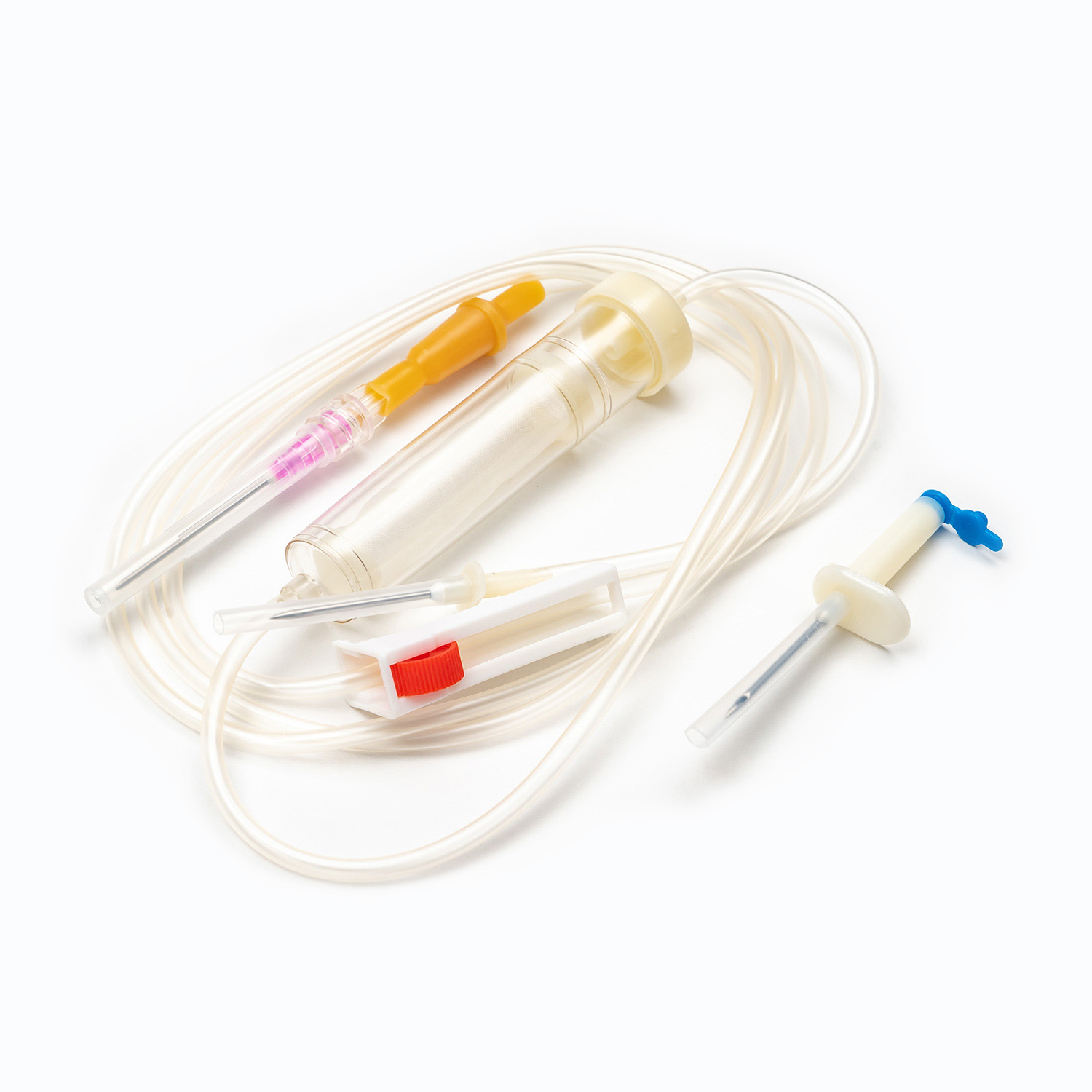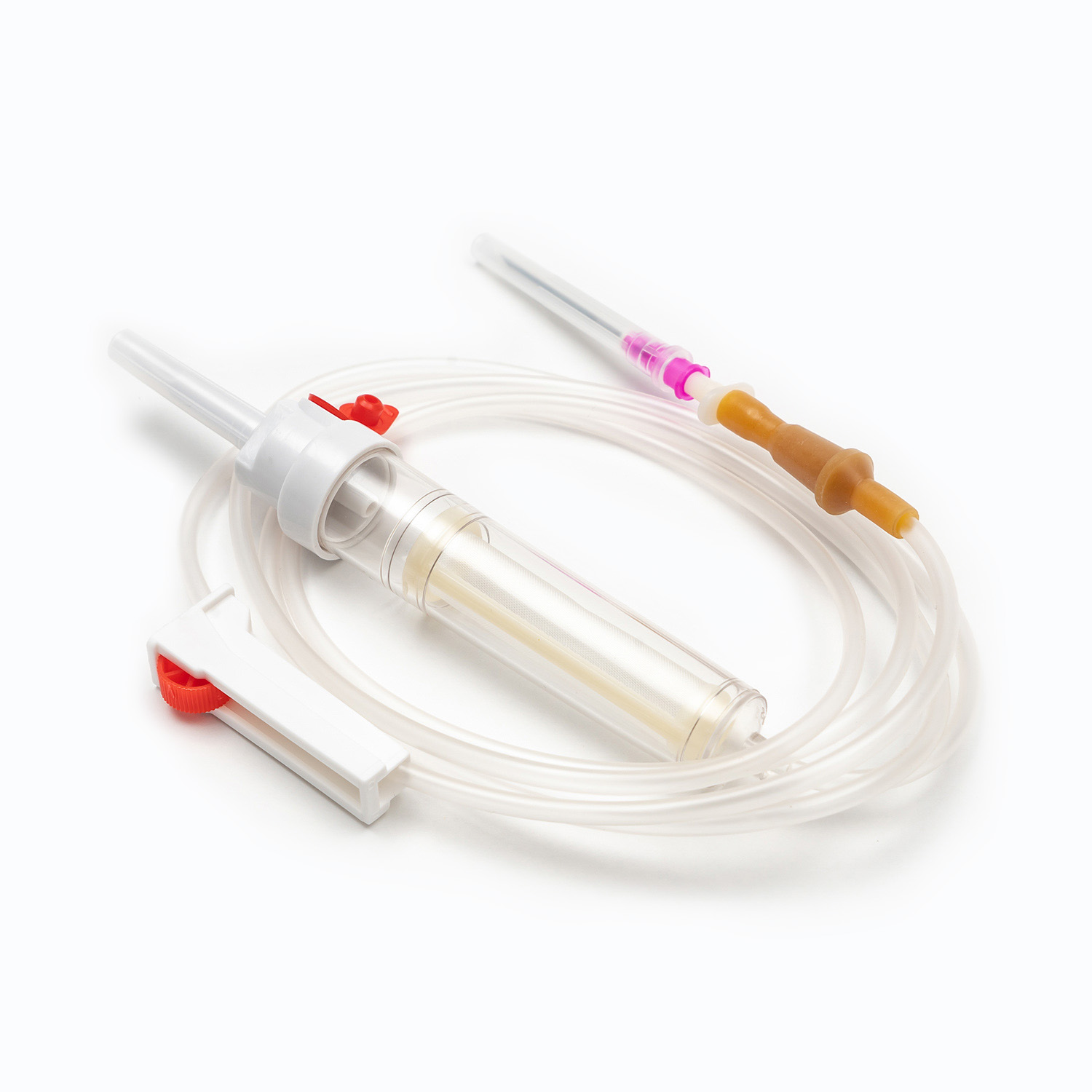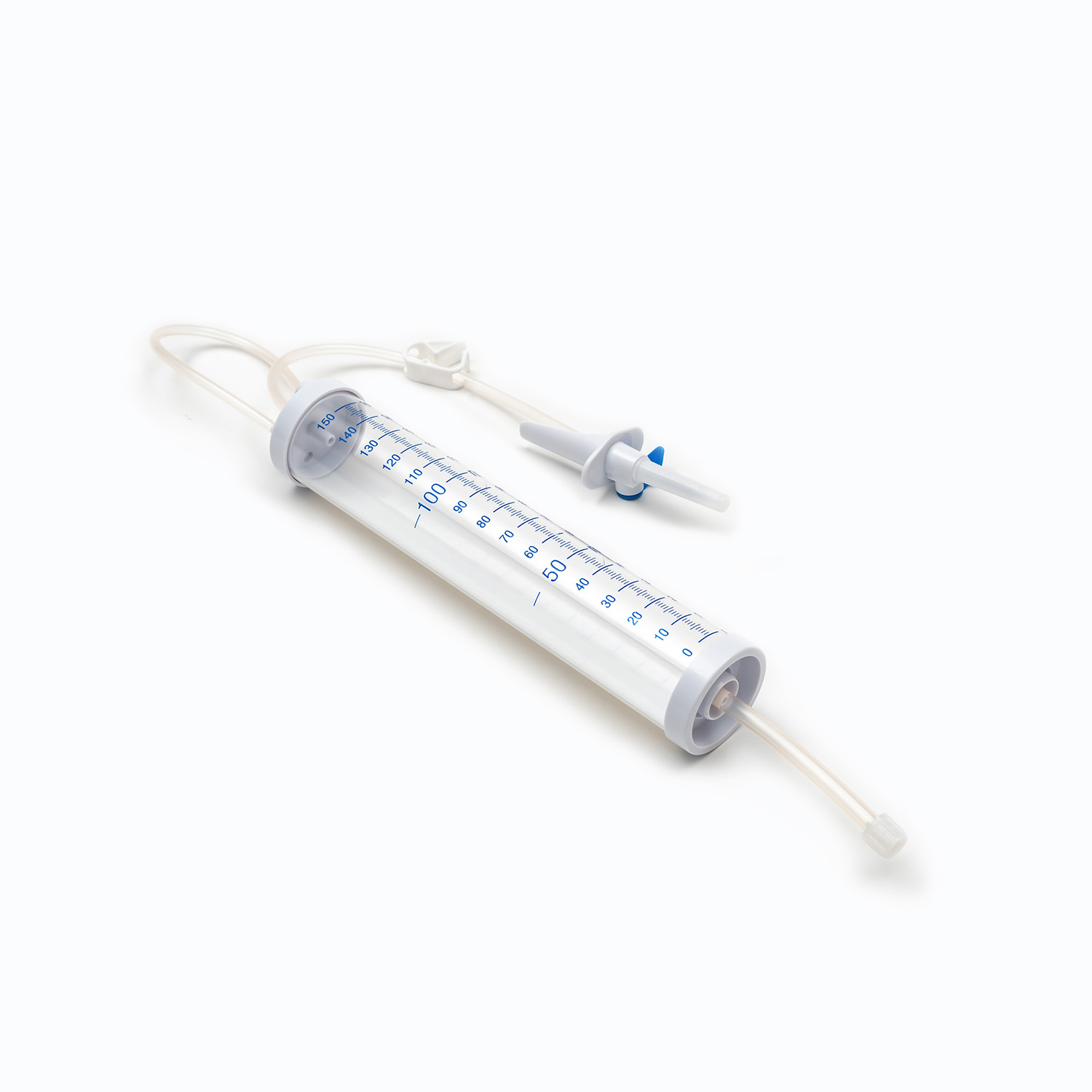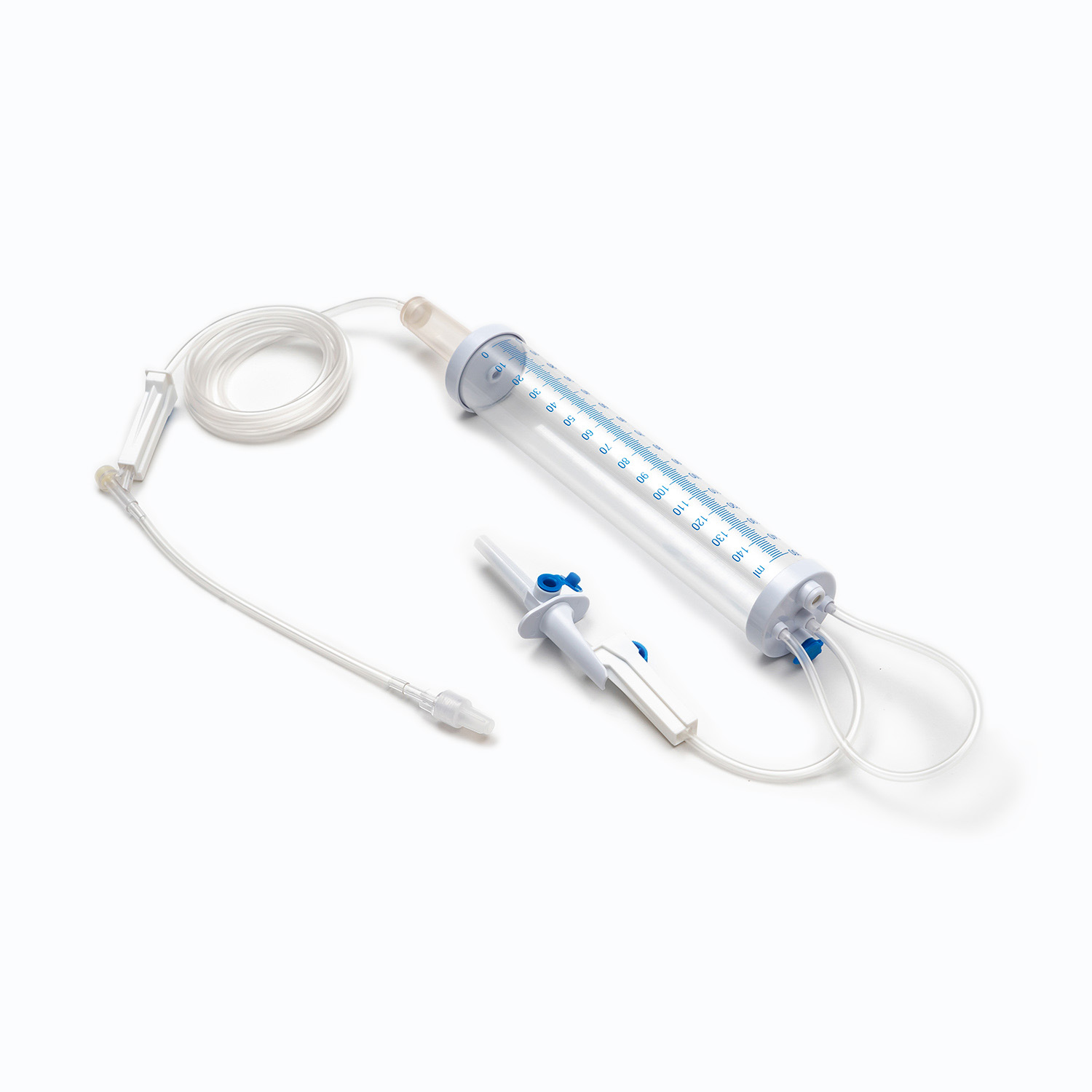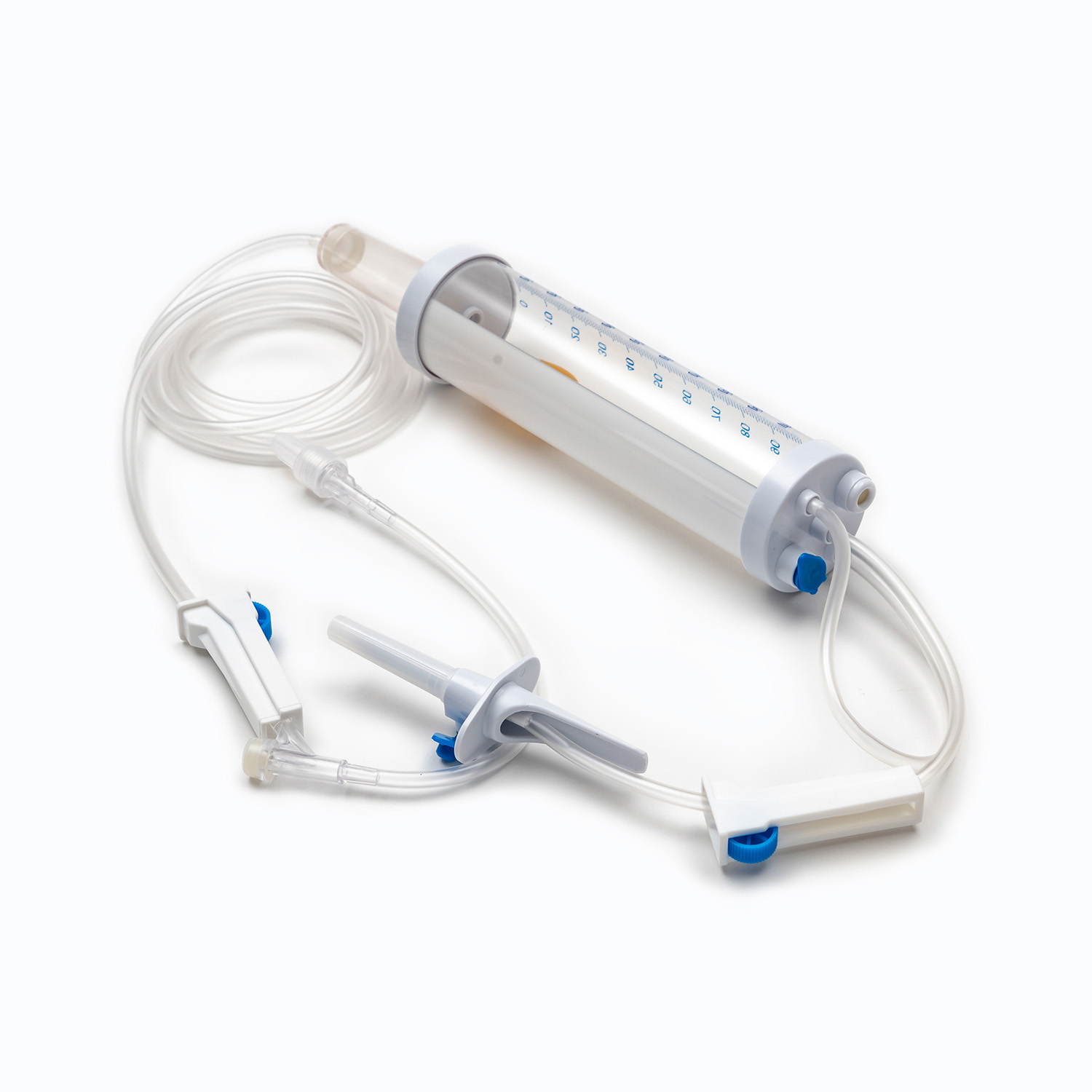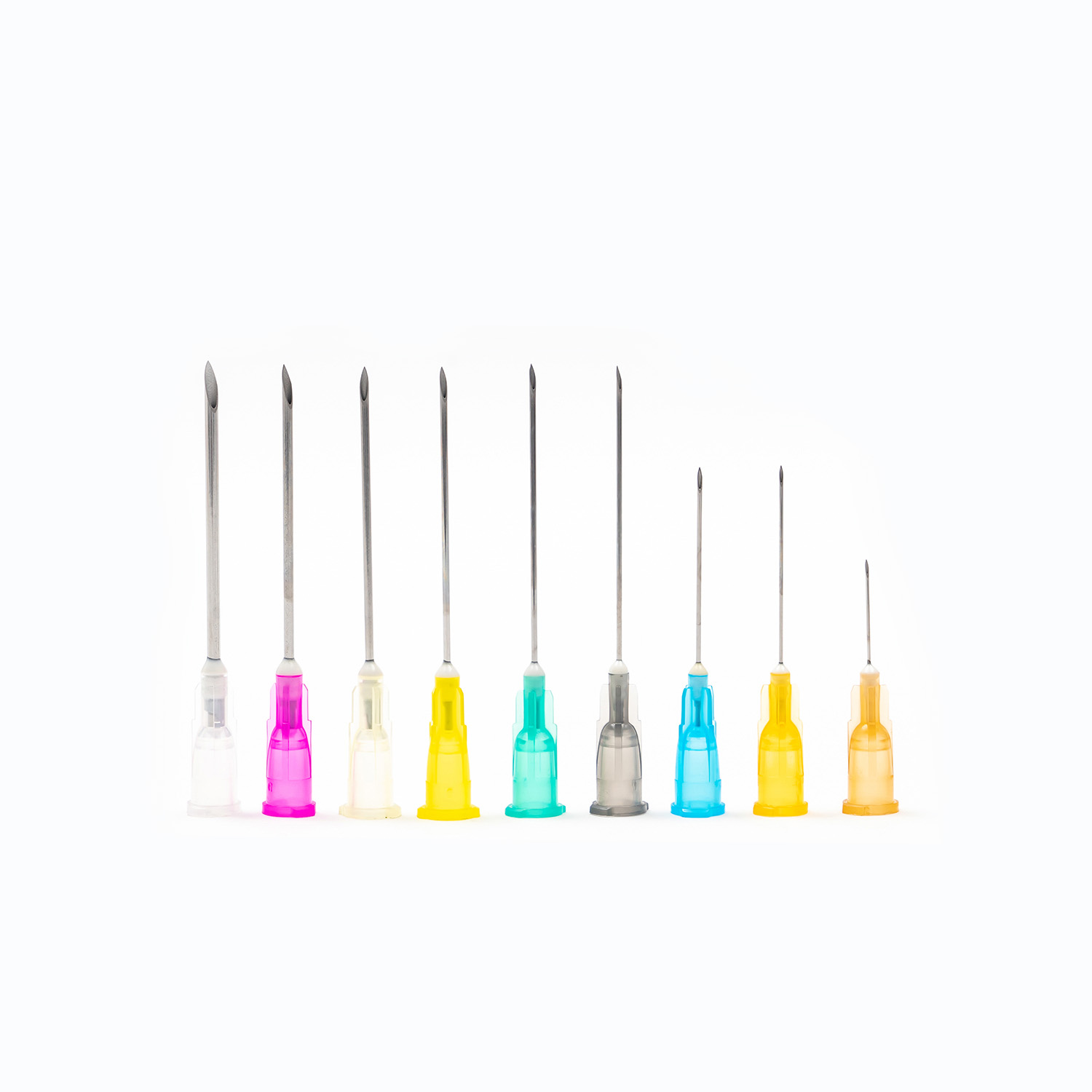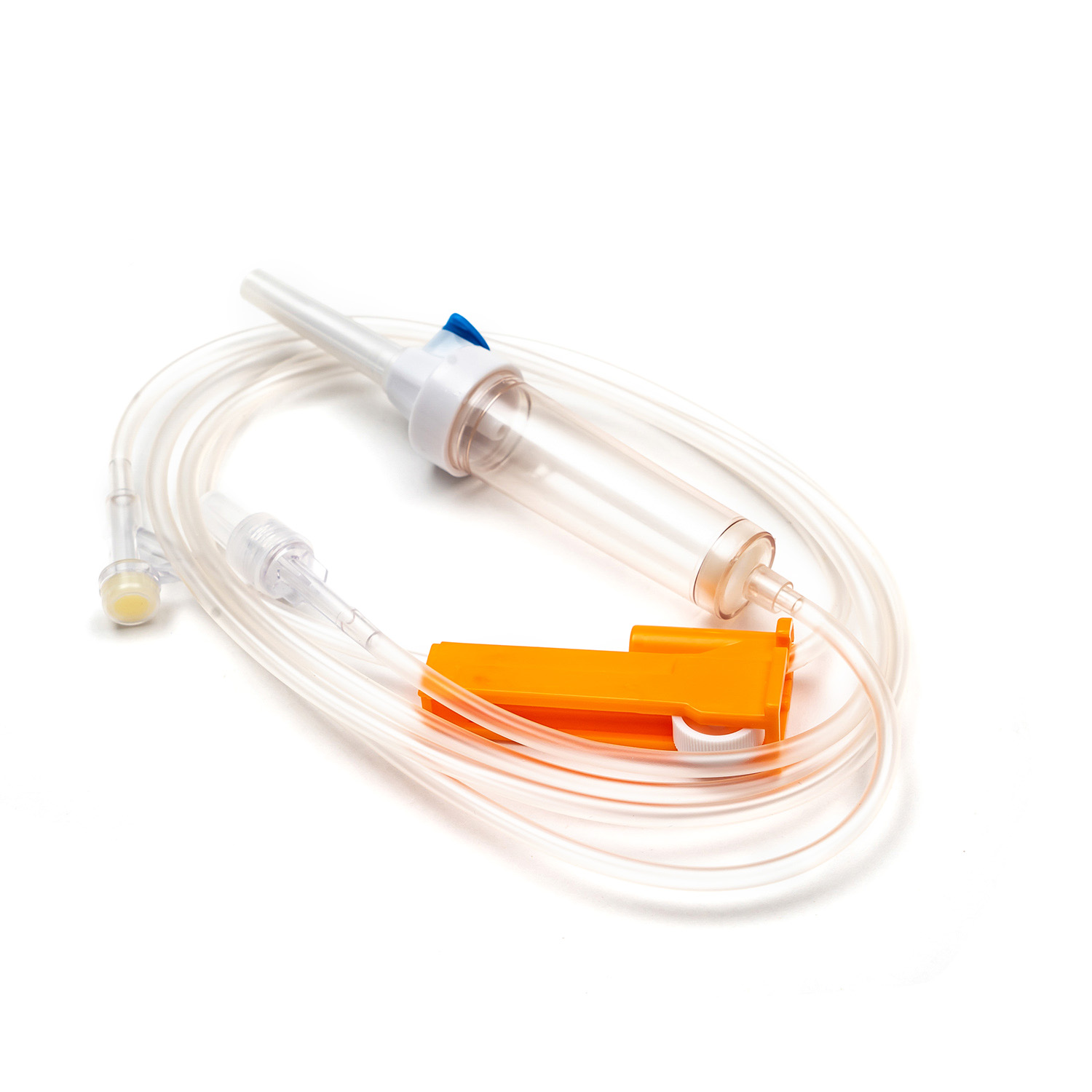Dental needle: the crystallization of fine craftsmanship and medical innovation
Sep 22,2024
In the medical field, dentistry is an important branch closely related to human daily life. The continuous progress of its technology and equipment has greatly improved the treatment effect and patient experience of oral health. Among them, dental needles, as key tools in dental treatment, play an irreplaceable role in multiple links such as tooth restoration, root canal treatment, and periodontal treatment with their unique design and fine craftsmanship.
The material selection of dental needles is directly related to their performance and service life. At present, the common dental needle materials on the market include carbon steel, stainless steel, titanium alloy, gold alloy, and plastic. Carbon steel needles have become a common tool in the process of filling teeth with their high hardness and good toughness. They can effectively support the tooth structure and restore the tooth shape and function. Stainless steel needles are widely used in filling operations that require stable support force with their corrosion resistance and biocompatibility. Titanium alloy needles have outstanding performance in reducing tissue reactions and improving comfort due to their biocompatibility and mechanical properties, and have become a representative of high-end filling materials. Gold alloy needles, with their high biocompatibility and aesthetics, are expensive, but are still favored by patients in certain circumstances. In addition, plastic needles are mainly used for temporary repair work. Their easy-to-shape and non-conductive properties give them unique advantages in dealing with small injuries.
Dental needles have a wide range of application scenarios, from simple tooth filling to complex root canal treatment. In the process of filling teeth, dental needles are not only used to support and fix the repair materials, but also help doctors accurately remove diseased tissues, laying the foundation for subsequent repair work. In root canal treatment, dental needles play a more important role, creating favorable conditions for subsequent root canal filling through meticulous cleaning and preparation of root canals. Dental needles are also widely used in periodontal treatment, teeth whitening and other fields, providing patients with comprehensive and meticulous oral medical services.
With the continuous advancement of medical technology and the increasing diversification of patient needs, the future development trend of dental needles will pay more attention to personalization, intelligence and environmental protection. Personalized design will tailor the most suitable dental needle model and specifications according to the patient's specific condition and oral condition to improve the treatment effect and patient comfort. Intelligence is reflected in the combination of dental needles and digital technology, and through precise measurement and navigation technology, a more refined and efficient treatment process can be achieved. At the same time, environmental protection will also become an important direction for the development of dental needles, promoting the innovation and application of medical waste treatment technology and reducing the impact on the environment.
As a key tool in dental treatment, the material selection, design features, application scenarios and future development trends of dental needles all reflect the results of medical innovation and the actual needs of patients. With the continuous advancement of technology and the continuous expansion of applications, dental needles will play a more important role in protecting human oral health.



 English
English Français
Français русский
русский Español
Español





